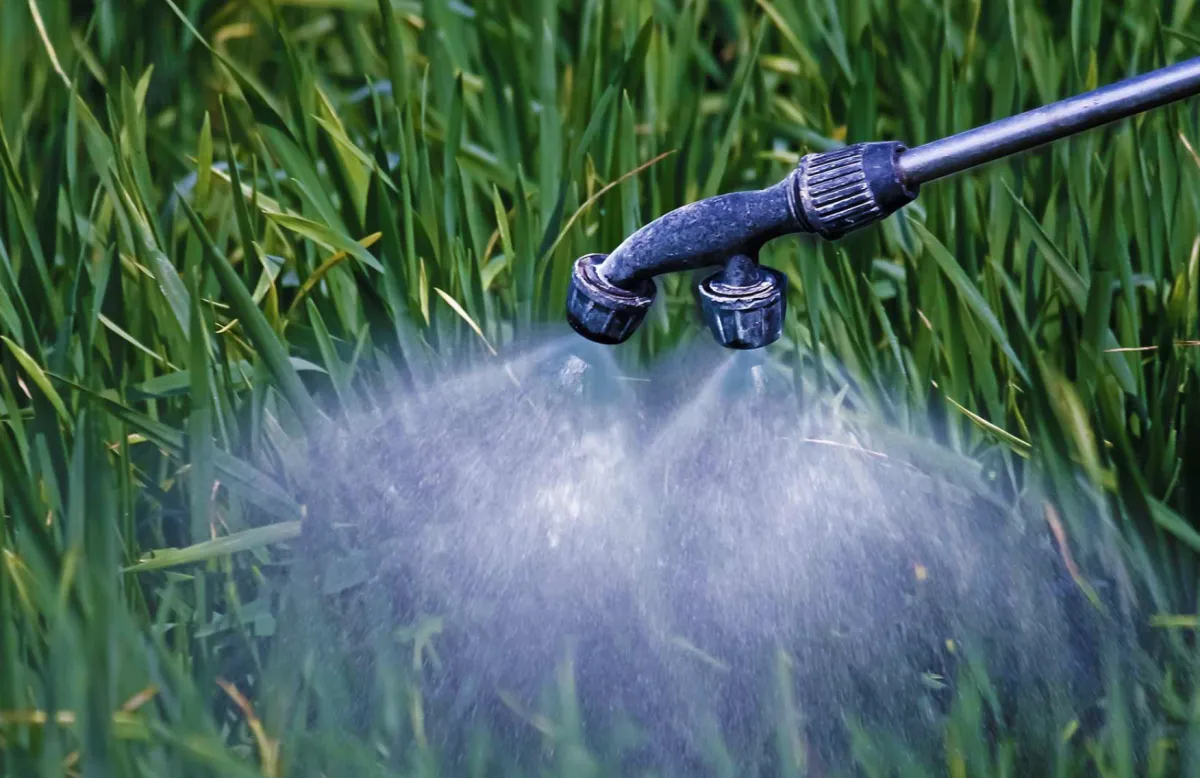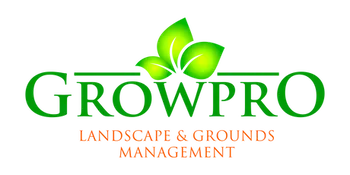Fertilization
Contact Information and Service Requests
For more information or to request a service quote, please contact:
Utah: Cameron Fox or Hud Fuller, VPs of Business Development
North Carolina: Tanner Towle, President, Owner GrowPro North Carolina
To submit a service request or receive a personalized bid, please use the “Request Bid” button above. Specify your preferred contact person if desired.
Service Overview
GrowPro’s fertilization services are designed to enhance soil health and promote vigorous plant growth across your landscape. Using custom blends and precise application schedules, we ensure that your turf, trees, and plants receive the nutrients they need to thrive.

Benefits of Fertilization
Effective fertilization has numerous benefits for your property:
Enhanced Plant Health: Proper nutrient application boosts the vitality of your plants, making them more resilient to diseases and pests.
Improved Aesthetics: Regularly fertilized plants and lawns look more vibrant and lush, significantly enhancing the property’s visual appeal.
Soil Quality Improvement: Custom fertilizer blends can help amend soil imbalances, promoting better soil structure and function.
Increased Property Value: A well-maintained and healthy landscape can increase the overall value of your property.
How the Service is Delivered
Soil Testing: The process begins with soil tests to identify nutrient deficiencies and pH imbalances.
Custom Fertilizer Blends: Based on soil test results, we create custom fertilizer mixes suited specifically to the needs of your landscape.
Precision Application: Fertilizers are applied using calibrated equipment to ensure optimal coverage and minimize waste.
Scheduled Treatments: We plan the application schedule to coincide with key growth phases of your lawn and plants, maximizing effectiveness.

Customization Options
Tailored Nutrient Mixes: Depending on your specific landscape needs, we can adjust the nutrient compositions to target deficiencies or to promote desired growth characteristics.
Flexible Scheduling: Application schedules can be adjusted based on seasonal changes and specific landscape requirements.
Pricing and Contract Information
Fertilization services are typically bundled into our landscape maintenance contracts but can also be contracted separately. Pricing factors include:
Size and Type of Landscape: Larger areas or specialized plant types may require more resources.
Frequency of Application: The number of applications per season tailored to the landscape’s needs.
Type of Fertilizer Used: Organic options may be priced differently than conventional fertilizers.

Safety and Compliance
All fertilization practices adhere to environmental regulations, ensuring safe application methods that protect both the ecosystem and your community.
Sustainability Practices
Organic Options: We offer organic and environmentally friendly fertilizers that nourish plants without harming the environment.
Integrated Pest Management (IPM): Our approach includes using fertilization as a part of IPM to reduce the need for chemical pest control methods.
What is the difference between organic and synthetic fertilizers?
Organic and synthetic fertilizers differ mainly in their composition, how they release nutrients, and their impact on soil health and the environment:
1. Composition:
Organic Fertilizers are derived from natural sources such as compost, animal manure, bone meal, and seaweed. They contain plant nutrients in organic forms.
Synthetic Fertilizers are manufactured chemically and contain nutrients in specific, refined, and concentrated forms. Common examples include ammonium nitrate, superphosphate, and potassium sulfate.
2. Nutrient Release:
Organic Fertilizers release nutrients slowly as they need to be broken down by soil organisms before the plants can absorb them. This slow release provides a steady supply of nutrients over a longer period, reducing the risk of nutrient leaching.
Synthetic Fertilizers provide nutrients in readily available forms, which means they can act faster than organic options. However, this can also lead to quicker nutrient runoff and potential environmental pollution if not applied carefully.
3. Soil Health:
Organic Fertilizers improve soil structure and enhance its ability to hold water and nutrients over time. They also support the biodiversity of soil organisms, which is crucial for a healthy soil ecosystem.
Synthetic Fertilizers may not improve soil structure and could, over time, lead to soil degradation if used excessively. Frequent use can disrupt soil pH and decrease microbial activity, making the soil less fertile.
4. Environmental Impact:
Organic Fertilizers are considered more environmentally friendly as they are biodegradable, less likely to leach, and do not result in chemical runoff. They help enhance the organic matter content of the soil.
Synthetic Fertilizers can contribute to water pollution, soil acidification, and the eutrophication of water bodies due to high levels of nutrients like nitrogen and phosphorus in runoff.
5. Cost and Application:
Organic Fertilizers can be more expensive and require larger quantities than synthetic ones. However, their benefits to soil health can reduce other landscaping costs over time.
Synthetic Fertilizers are generally cheaper and require less product per application area. They are also easier to tailor specifically to the immediate needs of the plants.
In summary, the choice between organic and synthetic fertilizers depends on the specific needs of your landscape, environmental considerations, and long-term soil health goals. GrowPro can help assess which type of fertilizer is best suited to your property’s needs and sustainability practices.
How often should my property be fertilized?
The frequency of fertilization depends on several factors, including the type of plants you have, the quality of your soil, and the specific goals for your landscape. Here are general guidelines to help determine how often you should fertilize your property:
1. Type of Grass or Plants:
Lawns: Most grass types benefit from being fertilized at least four times a year. This includes a spring feeding to jump-start growth, early summer to bolster color and density, late summer to recover from midsummer heat stress, and fall to prepare roots for the winter months.
Flowers and Shrubs: Flowering plants and shrubs generally require fertilization in the spring and again in mid-summer to support blooming and growth.
2. Soil Type and Quality:
Testing Soil: Conducting a soil test can determine nutrient deficiencies and pH imbalances, which can guide the frequency and type of fertilizer needed.
Poor Soil Conditions: Soils that are nutrient-poor or have been depleted over time may require more frequent fertilization until their health is restored.
3. Fertilizer Type:
Slow-Release Fertilizers: These can reduce the frequency of application as they provide nutrients gradually over a longer period.
Quick-Release Fertilizers: These may require more frequent applications as they provide nutrients rapidly but for a shorter duration.
4. Environmental Considerations:
Rainfall and Irrigation: High rainfall areas or well-irrigated landscapes may leach nutrients faster and could require more frequent applications to maintain nutrient levels.
Seasonal Changes: In regions with distinct seasons, the growth phases of plants and dormancy periods also dictate fertilization timing and frequency.
5. Specific Landscape Goals:
Enhanced Growth or Recovery: If improving growth or recovering from damage is a goal, additional fertilization may be necessary.
Maintenance: For well-maintained and healthy landscapes, the focus may be on maintaining the status quo, which can often be achieved with fewer applications.
General Recommendations:
For residential lawns, fertilizing at least twice a year (spring and fall) is often sufficient for maintaining health and vigor.
Commercial properties or high-visibility areas might benefit from more frequent treatments to ensure optimal appearance and health.
As every landscape is unique, GrowPro recommends a personalized consultation to create a fertilization plan that is tailored to your property’s specific conditions and needs. This approach ensures your landscape remains vibrant and healthy throughout the year.
How does your fertilization service make my grass so green?
Our fertilization service enhances the greenness and overall health of your grass through a combination of science-based nutrient management and customized care tailored to the specific needs of your lawn. Here’s how we achieve these vibrant results:
1. Custom Nutrient Blends:
Balanced Nutrition: We customize fertilizer blends to provide the perfect balance of essential nutrients needed by your grass. Nitrogen for green growth, phosphorus for root development, and potassium for overall health are calibrated based on your soil's specific requirements.
Soil Testing: Before beginning our service, we conduct soil tests to identify any nutrient deficiencies and pH imbalances. This allows us to customize our approach based on the precise needs of your lawn, ensuring that the grass isn't just green on the surface, but healthy from the roots up.
2. Timely Application:
Optimal Timing: Fertilizer is most effective when applied at key times during the growing season. We apply nutrients when your grass is actively growing and able to absorb them most efficiently, typically in the early spring, late spring, summer, and fall.
Weather Considerations: We also consider local weather patterns and soil temperature, ensuring that applications are made under optimal conditions for nutrient uptake.
3. Advanced Application Techniques:
Even Distribution: Our team uses professional-grade spreaders that ensure fertilizers are evenly distributed across your lawn. This prevents burn spots and ensures that every part of your grass receives the nutrients it needs to thrive.
Controlled-Release Formulas: We often use controlled-release or slow-release fertilizers that provide a steady supply of nutrients over time, which supports sustained growth and greening without peaks and troughs.
4. Integrated Lawn Care:
Holistic Approach: Fertilization is most effective as part of a broader lawn care program that includes regular mowing, aeration, and weed control. This integrated approach encourages healthier, denser grass that naturally looks greener.
Custom Care Plans: Depending on your lawn's condition, additional treatments such as lime application to adjust soil pH or iron supplements for enhanced greening might be recommended.
5. Environmental Stewardship:
Eco-Friendly Options: We offer organic and environmentally friendly fertilizer options that feed your lawn while being gentle on the environment. These products promote green growth without the harsh chemicals found in some traditional fertilizers.
6. Expert Monitoring and Adjustment:
Regular Monitoring: Our service includes regular inspections of your lawn's health and progress. This ongoing monitoring allows us to make any necessary adjustments to the fertilization program, ensuring that your grass remains in peak condition throughout the seasons.
By using these meticulous and tailored strategies, GrowPro’s fertilization service ensures that your lawn is not only lush and green but also healthy and resilient. This approach provides lasting beauty and vitality to your property’s landscape.


